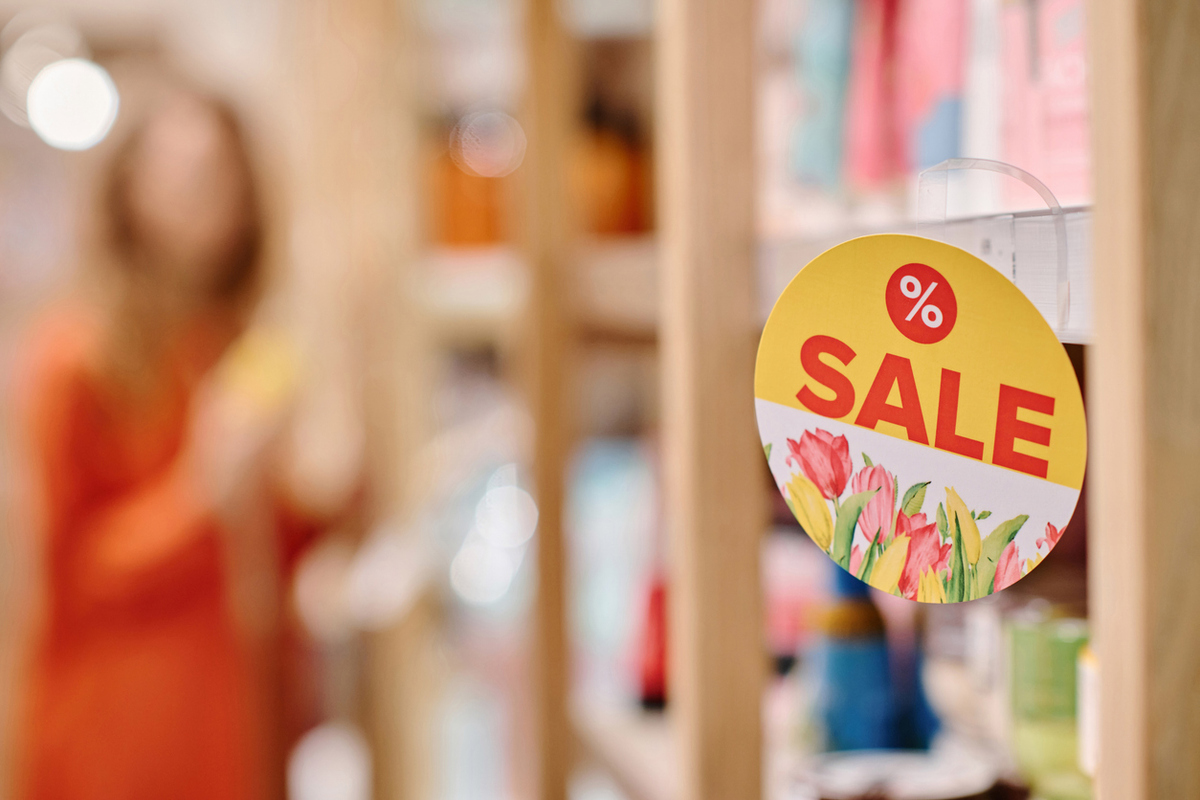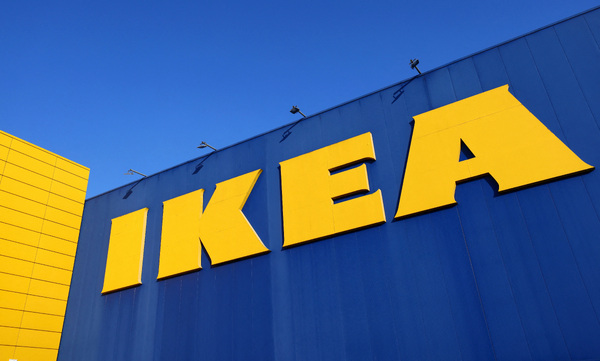How private labels are shaping vendor negotiations in retail

Private labels are no longer just a supplemental offering for retailers in Europe. They’ve become a strategic powerhouse, an essential tool for retailers to drive customer loyalty, increase profit margins and transform vendor relationships. While private labels were once perceived as low-cost alternatives to national brands, they’ve evolved into well-developed, high-quality product ranges that meet diverse consumer expectations across categories.
For European retailers, private labels now represent control – not just over product assortment and pricing but also over the dynamics of vendor negotiations. Vendors accustomed to leveraging their brand equity to dictate terms are now dealing with retailers unwilling to concede ground so easily. The private-label revolution is not just about cost savings for shoppers or product curation; it’s about retailers fundamentally recalibrating their vendor partnerships to their own advantage.
The shift in negotiation power
Historically, vendors that controlled major branded products maintained substantial leverage in negotiations. This was especially true for top-tier brands that drove customer foot traffic and occupied prime in-store real estate. However, that dynamic has shifted in recent years. With private-label products now commanding more than 30 per cent of total sales across many European markets, retailers are no longer as reliant on big-name brands.
Retailers now wield their private-label offerings as a dual-purpose asset. On the one hand, they continue to deliver high-quality products under their own name, appealing to customers across multiple demographics. On the other hand, they use private labels to counterbalance vendor demands. If a vendor insists on higher pricing or increased shelf space, the retailer can respond with their own private-label alternative, already supported by growing consumer trust.
For example, Tesco’s Finest range illustrates how effectively private labels can supplant national brands. By positioning its private-label line to cater to premium shoppers with upscale needs, Tesco diversifies its offerings while reducing dependence on external vendors for high-margin products. Similarly, Lidl and Aldi, two discount leaders in Europe, have created a near-monopoly on shelf space for their in-house brands, redefining the traditional retailer-vendor dynamic.
The profitability advantage
One key driver behind the expansion of private labels is their ability to significantly improve retailers’ profit margins. Unlike national brands, which include extensive marketing, advertising and distribution costs, private labels eliminate many of these expenses. By partnering directly with contract manufacturers and vendors, retailers streamline production costs and retain greater profit on each unit sold.
Lidl and Aldi’s private-label dominance has become central to their business model. Approximately 90 per cent of the products sold by both chains are private-label items, which allows them to maintain a low-cost structure that attracts price-sensitive shoppers. But this model isn’t exclusive to discounters. Waitrose’s No. 1 private-label range illustrates how an upmarket retailer can simultaneously use private labels to serve premium customer preferences and protect margins.
This strategic focus has become increasingly critical, particularly in Europe’s highly competitive grocery sector, where frequent pricing wars and currency fluctuations or supply chain disruptions can add further pressure. With private labels producing higher profit margins, retailers are better equipped to invest in their businesses through promotions, operational upgrades or loyalty programmes.
Supply chain control and agility
Private labels give retailers control over their supply chains, which is nearly impossible when relying solely on vendor-led products. Instead of being constrained by a vendor’s production timelines or distribution inefficiencies, retailers running their private-label programmes gain control over procurement, manufacturing and logistics. This agility allows retailers to respond faster to market trends and consumer demands.
Consider Sainsbury’s introduction of Plant Pioneers, a private-label range of plant-based options designed to meet surging demand for meat-free products. With direct control over these items’ sourcing, development and production, Sainsbury’s can quickly expand or adapt the range as adoption grows, instead of relying on a vendor whose priorities might not align with Sainsbury’s timeline or regional focus.
Retailers also use private labels to drive sustainability efforts, as seen with Carrefour’s Bio line in France. By working directly with local farmers and suppliers, Carrefour can tailor its organic products to include eco-friendly production practices, a factor increasingly important to European shoppers. Through private labels, sustainability becomes a built-in feature for retailers, enhancing brand equity and meeting customer expectations at the same time.
Building exclusive customer relationships
Private labels improve retail operations and reshape customer relationships. Unlike national brands, which are available across multiple retailers, private labels are exclusive. If customers are loyal to Lidl’s high-end Deluxe product range or Aldi’s award-winning wines, they have no choice but to keep shopping at those retailers. This exclusivity creates stickiness, ensuring repeat visits and sustained purchase volume.
This exclusivity also strengthens retailers’ position in vendor negotiations. When a vendor attempts to secure more prominent shelf space or higher margins, retailers can point to the customer loyalty driven by private-label ranges to maintain their standing. Vendors must now justify how their product complements or enhances the retailer’s private-label strategy rather than treating shelf space as an entitlement.
Marks & Spencer offers another great example. Its private labels are so synonymous with the brand’s identity that its food products have cultivated a strong following across Europe. By providing unique, high-quality items such as its Our Best Ever range, the retailer fosters emotional connections with shoppers, resulting in near-automatic loyalty.
How vendors are adapting
While private labels have undoubtedly upended traditional vendor-retailer dynamics, vendors are not sitting idly by. Many have found opportunities within this new reality by acting as strategic partners rather than competitors to private-label offerings.
Contract manufacturing is one such avenue. Vendors with specialised capabilities often produce private-label goods for retailers, ensuring production lines are utilised even as branded shelf space shrinks. TreeHouse Foods and other similar firms have carved out lucrative niches as manufacturers of private-label products, collaborating with retailers to meet their specific quality and cost expectations.
Other vendors are focusing on innovation to maintain relevance in a competitive space. For instance, Danone and Nestlé are doubling down on health-forward and sustainability initiatives to offer products that align closely with consumer expectations. By maintaining product differentiation, vendors aim to give retailers a compelling reason to continue allocating shelf space to branded items.
The new era of vendor relations
For European retailers, private labels represent an era of empowerment. With greater control over supply chains, enhanced margins and the ability to foster exclusive customer loyalty, retailers are no longer constrained by traditional vendor dynamics. Vendors, for their part, are finding ways to stay relevant by rethinking their offerings and positioning themselves as valuable partners rather than rivals.
European shoppers increasingly seek quality, affordability and sustainability, and private labels are perfectly positioned to meet those needs. For retailers, this means more negotiation leverage, a stronger connection with their customer base and the agility to adapt to an evolving market. Private labels aren’t just shaping retail today – they’re defining what’s next.

Business Reporter Team
Most Viewed
Winston House, 3rd Floor, Units 306-309, 2-4 Dollis Park, London, N3 1HF
23-29 Hendon Lane, London, N3 1RT
020 8349 4363
© 2025, Lyonsdown Limited. Business Reporter® is a registered trademark of Lyonsdown Ltd. VAT registration number: 830519543





